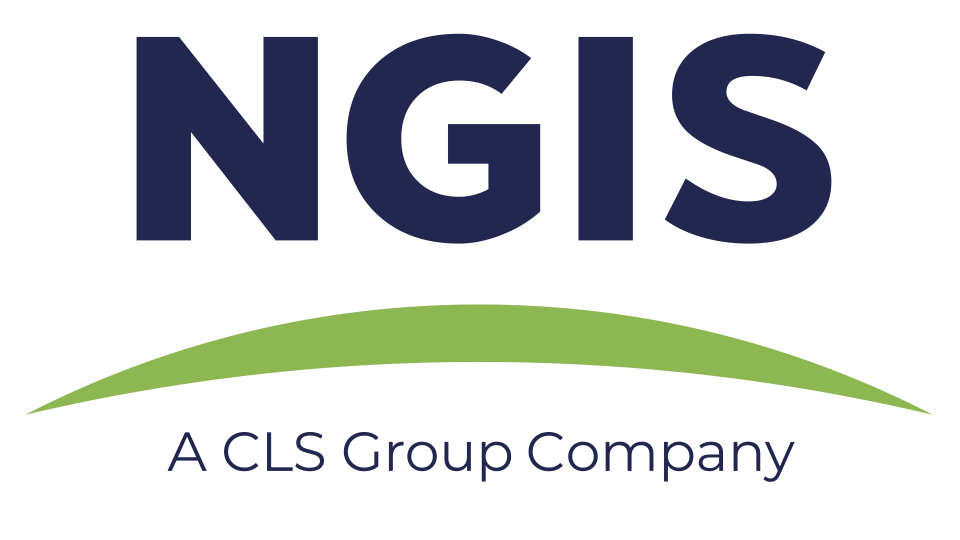Google Earth Engine commercialisation: What does this mean for businesses?
Over the past decade, academics, scientists and non-government organisations (NGOs) have utilised Google Earth Engine (GEE) to make meaningful progress on some of the world’s biggest environmental and social issues. This has led to thousands of noteworthy scientific publications, operational applications and countless positive real-world impacts – including the 32 projects in the GEO-GEE program tackling social and environmental issues using GEE. You can read about the amazing impacts the projects are making here.
However, recent wildfires, floods and other natural disasters across the world remind us that everyone must take action to make a real impact – from scientists and researchers to governments and businesses of all sizes. Which is why we are thrilled Google is expanding Earth Engine with a commercial offering as part of its integration with the Google Cloud Platform.
The announcement was made at the 2021 Cloud Next Summit where the Director and Founding Engineer of Google Earth Engine, Rebecca Moore, spoke about this exciting new offering. “We really want to accelerate the types of innovation that we’ve seen from the scientific and NGO community and bring that now to public and private sector users. If we’re going to address the challenges we face, we need all sectors of society to be empowered to do so”, said Moore.
Organisations in the public and private sectors can now utilise Google Earth Engine’s insights to solve sustainability-related challenges and accelerate the impact within their own organisation. This includes building sustainable supply chains, committing to deforestation-free lending, preparing for recovery from weather-related events and reducing operational water use.
By using the global leading cloud based earth observation platform in GEE, organisations will be empowered to modernise their earth observation workflows. This includes establishing enterprise workflows, shared script libraries, standardised asset repositories, end user applications and business-wide access. Therefore enabling organisations to spend more time delivering insights and analysis with earth observation data.
What will your business have access to?
The new commercial offering gives business and government leaders access to over 50 petabytes of analysis-ready data and unparalleled analytical processing power. Furthermore, businesses can reduce costs and infrastructure configuration with a fully-managed environment and integration with Google Cloud Platform.
Existing Google Cloud customers and partners can now bring together Earth Observation (EO) data with their own data, train models to analyse at scale, and derive meaningful insights about real-world impact. By combining Google Earth Engine’s powerful platform with Google Cloud’s distinctive data analytics tools and artificial intelligence (AI) technology, it brings the best of Google together- the integration of these assets is what makes Google Earth commercial so exciting.
How can businesses use GEE to build a sustainable chain?
Already, businesses across the public sector, agriculture, financial services and consumer goods industries are using insights from Google Earth Engine to improve their operations. For example, one of the world’s largest buyers of palm oil, Unilever, is using GEE to achieve a deforestation-free supply chain for palm oil and other commodities by 2023.
In fact, the Unilever team in Europe joined forces with Google as well as expert GIS analysts and data scientists from NGIS, to raise sustainable sourcing standards for suppliers and bring Unilever closer to withdrawing from deforestation. By combining the power of cloud computing with Google Earth Engine data and artificial intelligence (AI), we built a more holistic view of the forests, water cycles and biodiversity that intersect with Unilever’s supply chain. Using this, NGIS was able to compose a world-leading end-to-end sustainability tracing tool for Univelever.
Where do you go from here?
“NGIS is thrilled to work with Google Cloud and its partners to enable business accountability for sustainable practices at all levels of their supply chain. Google Earth Engine provides unique geospatial capability that enables our global approach to accelerate these initiatives, giving leaders visibility and control over their environmental footprint and that of their suppliers in a way that was not previously possible,” said Nathan Eaton, Executive Director, NGIS.
The advanced analytics resources and sustainability knowledge needed to make change can be hard to access. Working with a Google partner like NGIS can help your business identify and manage risks related to climate change through the use of powerful and insightful technology. To find out more about how we can help your business – reach out to our team.
Related Articles
Here are more related articles you may be interested in.








